Revealed: Schools facing ‘national emergency’ of knife crime with four attacks every week
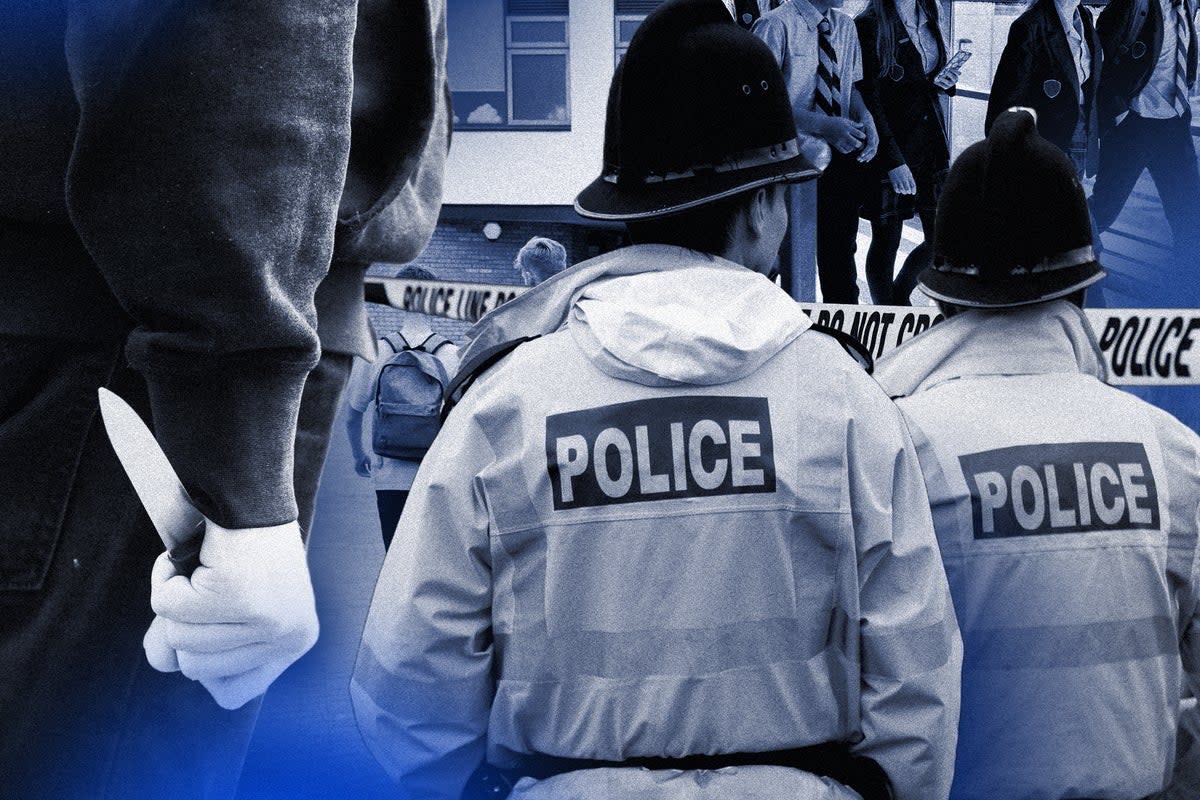
Schools are facing a knife crime “emergency” with four attacks on children or teachers each week, The Independent can reveal.
It comes amid concerns knife crime has dropped down the political agenda in the general election as Labour and the Tories focus on each other’s tax plans and Nigel Farage’s Reform UK tries to push immigration to the forefront.
Campaigners and families of victims have accused the main political parties of silence on the issue, with knife crime and how to tackle it noticeably absent from the leaders’ debates and interviews.
EastEnders star Brooke Kinsella, whose brother Ben was stabbed to death 16 years ago as he celebrated completing his GCSEs, accused leaders of ignoring the issue, telling The Independent: “It’s time for political leaders to break the silence during this [election] campaign.”
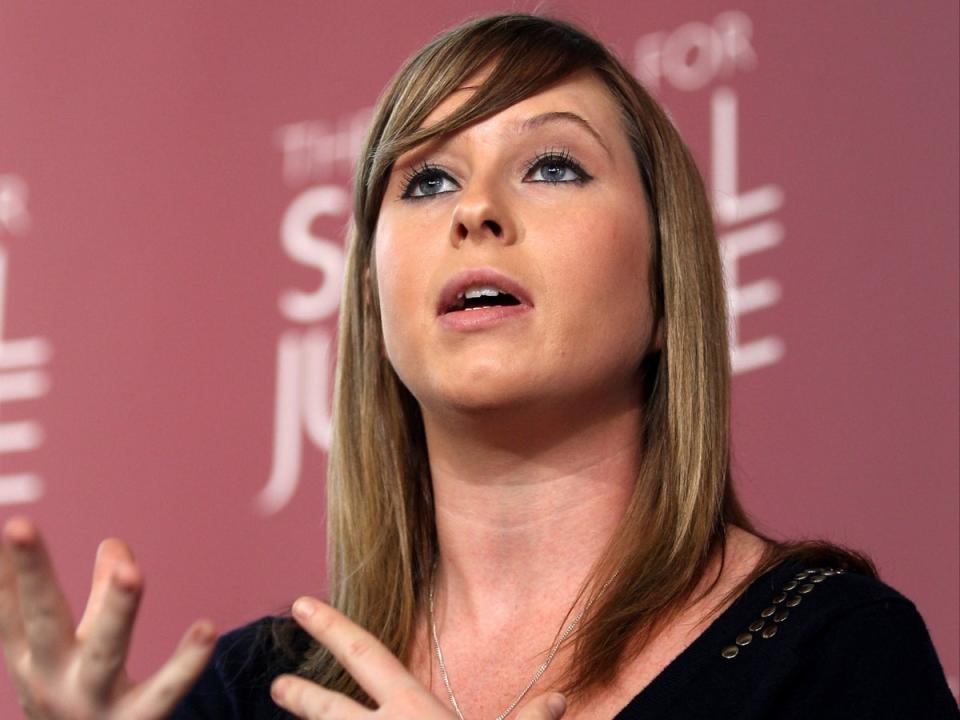
The Independent found that police received 174 reports of attacks involving blades or sharp instruments during term time last year, according to Freedom of Information figures provided by 27 of the 43 police forces in England and Wales. Between January and December 2023, there were also 738 incidents of weapon possession in schools, which can include broken glass as well as knives.
At the 2010 general election, the then Tory leader David Cameron made tackling knife crime one of his top priorities. But now, with an epidemic on Britain’s streets, home secretary James Cleverly has not been as outspoken on the issue.
Mr Cleverly was vocal during the London mayoral election when he tried to blame Sadiq Khan for an overall increase in knife crime based on statistics about the problem in the capital.
But after Mr Khan was re-elected on 2 May, the debate has slipped down the agenda. A spokesperson for the home secretary insisted that he is still “very concerned” about knife crime.
They added: “There is a problem, and in government we have done a lot on it, but there is no doubt that the problem is disproportionately in London where Sadiq Khan has failed to get a grip on it.”
The issue has appeared in the manifestos with the Tories promising tougher sentences, Labour offering to set up community youth hubs, and Mr Farage calling for the reintroduction of stop and search by the police.
Speaking to The Independent, shadow home secretary Yvette Cooper pledged that “Labour will be tough on knife crime but also on its causes”.
But with knife crime on the rise, the former children’s commissioner for England branded the situation a “national emergency”, adding that knives and knife attacks were now “part and parcel of life in schools”.
Anne Longfield, now chair of the independent Commission on Young Lives, told The Independent: “Knives are a terrifying aspect of life for a growing number of teenagers and we see the dreadful and tragic impact of that virtually every week in the headlines as young people experience violence or in some cases lose their lives.
“What’s very clear from these figures is that this comes through the gates of the school as well. So schools now have knives and knife attacks, sadly, as part and parcel of life in schools.”
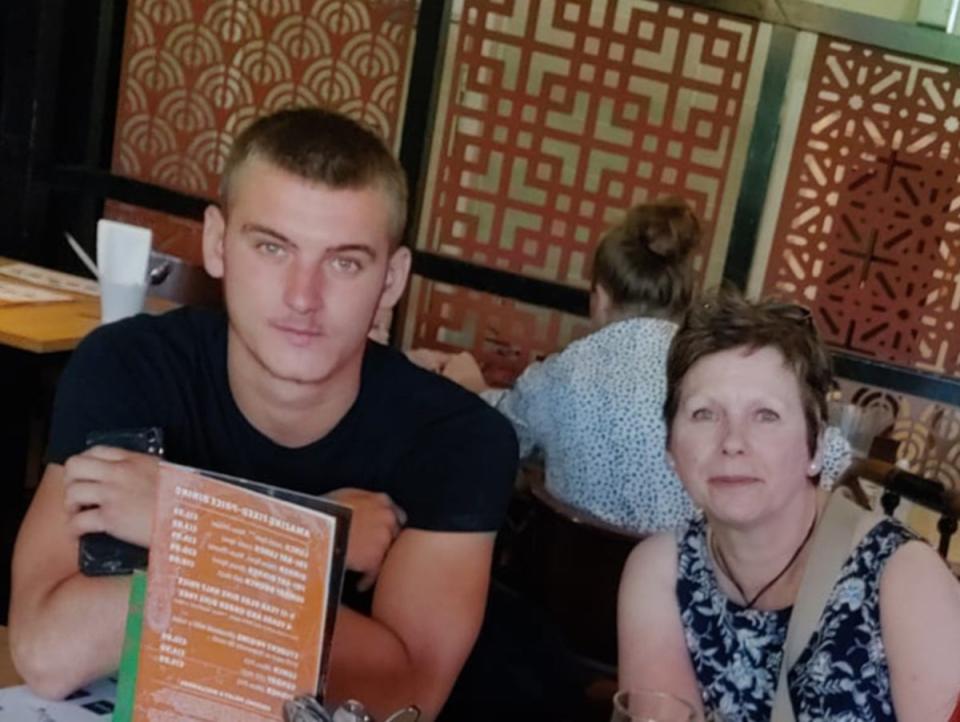
She accused the government of not taking the issue seriously enough through a decline in mental health, family and youth support, adding: “As a result, schools often feel very unprepared and left to deal with things by themselves without the help they need.”
Sharon Hendry’s 18-year-old son Ben Moncrieff was stabbed to death outside a McDonald’s in Bath city centre last year. She said stronger punishments were needed for young people carrying knives. The 16-year-old’s killer was jailed for a minimum of 15 years for his murder, after a court heard how the killer had glorified knife crime by posing in social media videos.
“Everything has to change,” Ms Hendry said. “We have to change the attitudes [of] young people carrying knives, and that can be done through [everything from] tougher punishments to parents playing a greater role in their upbringing.”
Knife crime in schools hit the headlines in April, when two teachers, Fiona Elias and Liz Hopkin, and a student were stabbed at Amman Valley School in Ammanford, Wales.
A 14-year-old girl is facing three charges of attempted murder and possession of a bladed article in a school following the incident, which happened at the end of morning break.
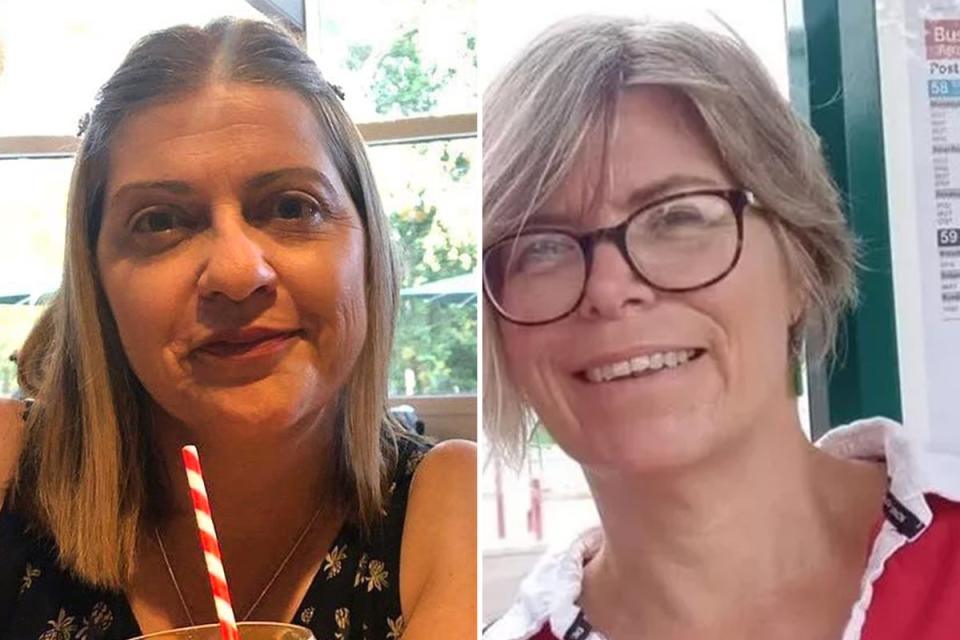
In the same month, City of London Police taught children as young as 13 how to treat stab wounds at a school in Southwark. And just last week, pupils at Merchant Taylors’ School in Liverpool were shown how to stop bleeding from a knife injury by a group called KnifeSavers.
Some schools have also taken practical measures to stop knives being brought into school, including the use of metal detector wands to screen arriving pupils for weapons. Mr Khan offered the devices to all 500 secondary schools in London in October last year.
Mark Tilling, headteacher of High Tunstall College of Science in Hartlepool, introduced the wands at two of the school’s off-site teaching centres last year. It follows an incident when police were called to deal with a 14-year-old who had brought a knife in his bag to protect himself on his way to school.
“[The wands are] a deterrent for children not bringing with them anything they shouldn’t into school, including mobile phones,” he said. “It’s for the protection of our students and staff on school site.
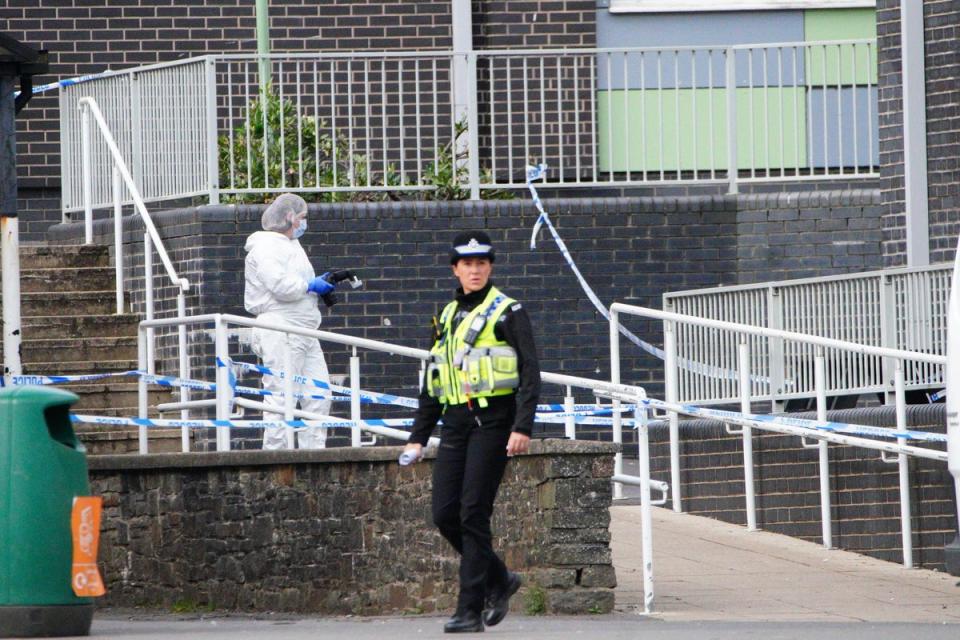
“There is no structure for many outside school, even though the council is trying its best. There is so much less [in terms of] youth provision than before and the rise in poverty in our communities... [children] are out and about more with less to do because there isn’t the money.”
Patrick Green, chief executive of the knife crime charity set up in Ben Kinsella’s name, said the number of knife attacks in schools was worrying, but urged authorities to take care when implementing measures such as metal detectors.
Mr Green said: “Fear is a major driver of knife carrying in young people. Our response to knife crime shouldn’t fuel these anxieties. Instead, we need to focus on positive messages about safety and reducing fear. This will help break the cycle where young people feel they need weapons for protection.”
Pepe Di’lasio, general secretary of the Association of School and College Leaders, described knife crime as a “scourge on society” that had made its way through the school gates.
He said: “School leaders and staff are very vigilant to the problem of knives and any incidents involving possession of a knife are dealt with swiftly and treated extremely seriously.
“We support schools in taking whatever action they deem necessary to deal with this issue and that includes the use of metal detector wands where a school decides this is needed to keep pupils and staff safe.”
Under guidance issued by the Department for Education, schools have the power to search, screen and confiscate where there are reasonable grounds to suspect pupils may have a knife.
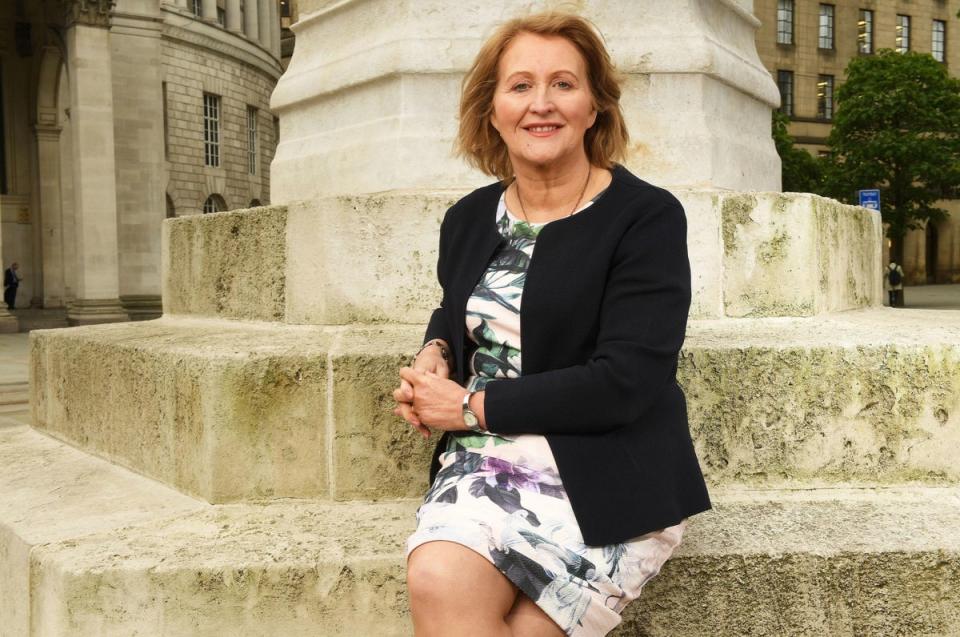
Rishi Sunak has promised to recruit 8,000 extra police officers and toughen knife crime sentencing. In Labour’s manifesto, Sir Keir Starmer vowed to recruit 13,000 extra officers and PCSOs and halve knife crime in a decade. Plans include bringing in tougher sanctions for those caught carrying knives and the opening of youth hubs.
Under a Labour government, Ms Cooper has said “youth futures hubs” would be opened where mental health teams, youth workers and police would strive to prevent young people from being drawn into violence.
She told The Independent her party would also close loopholes she said allowed weapons to be sold online and would introduce criminal sanctions for tech executives who don’t take action when illegal weapons are sold on their platforms.
In May, the national lead for policing knife crime, Commander Stephen Clayman, said underage teenagers were buying knives on social media channels, including TikTok and Snapchat.
Ms Cooper said: “On the Conservatives’ watch, knife crime has soared – up a shocking 80 per cent since 2015. It’s far too easy to buy machetes, ninja swords and other extremely dangerous knives online. This repeated failure to tackle online sales is leaving dangerous weapons in the hands of our children and young people, with devastating consequences.”

